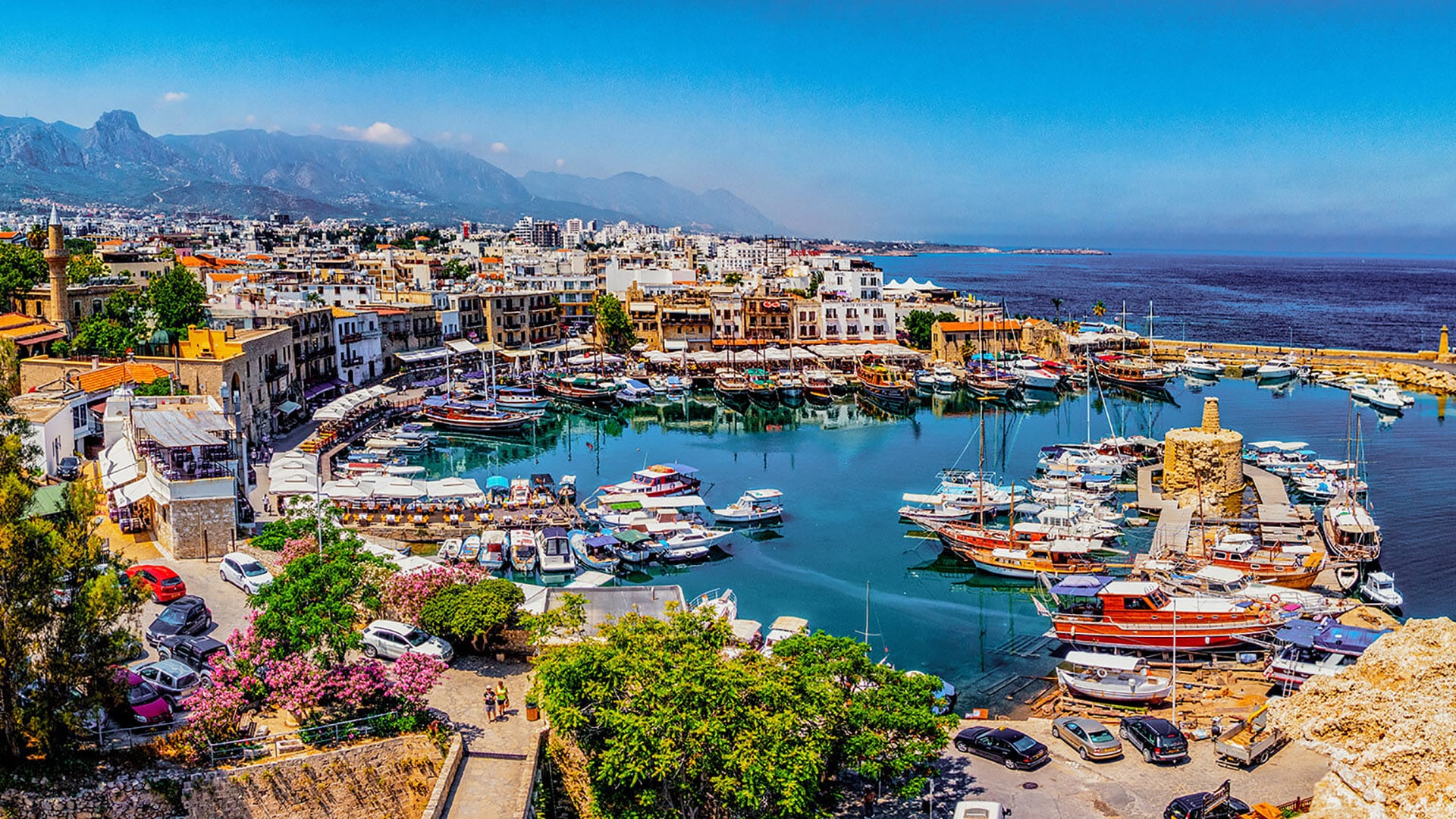Slovakia, officially known as the Slovak Republic, is a fairly profitable and safe jurisdiction for doing business. The country maintains a stable economic environment, while the tax system and legislation here are loyal and competitive. In 2004, Slovakia joined the European Union, and in 2009 it adopted the euro as its official currency. In 2021, the International Monetary Fund ranked Slovakia 45th among the world’s wealthiest nations (out of 226 countries and territories considered). Furthermore, in 2022, the Global Innovation Index also included Slovakia in the prestigious Top 50 list.
The local economy is mainly based on such industries as metallurgy, the food industry, the electric power sector, and the service sector; while tourism and innovative technologies have also experienced significant growth in recent years. Over the past few years, foreign investment has been mainly directed to the automotive industry and electrical equipment production. Experts highlight that non-resident businessmen often encounter challenges when starting businesses in Slovakia, particularly regarding registering enterprises in government agencies — this is primarily due to bureaucratic hurdles, which can lead to delays in the overall process.














